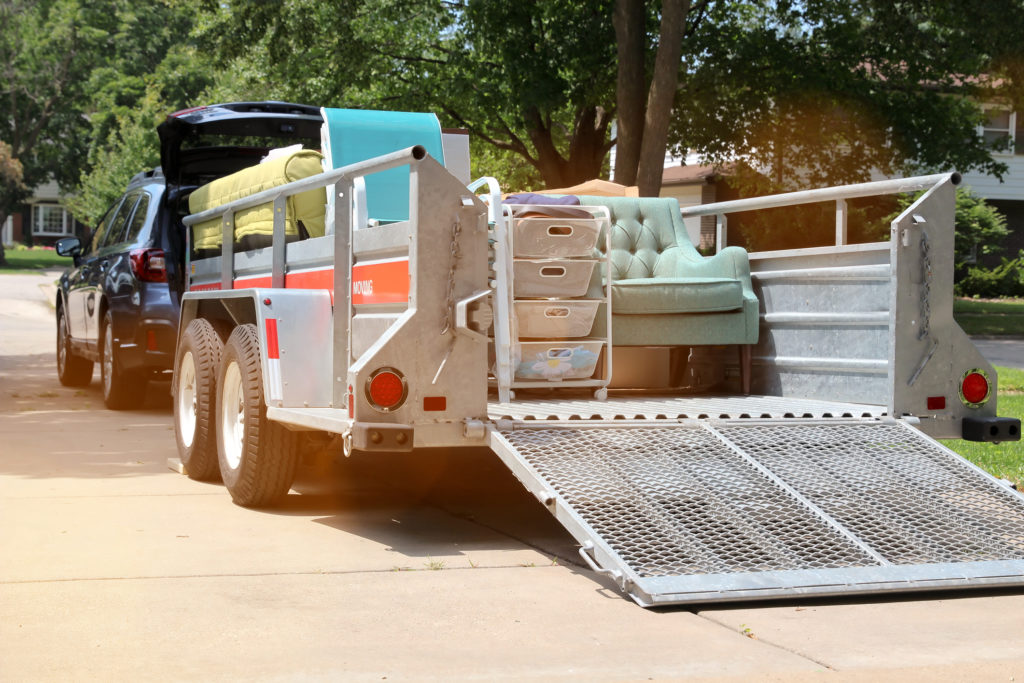Illinois Trailer Laws
Personal Injury,Truck Accident - August 19, 2019 by Horwitz, Horwitz & Associates
Whether you are an individual needing to haul some heavy materials or a business that operates trucks, it is important to understand all laws pertaining to trailer use in Illinois. Some of the worst accidents that occur on our roadways happen due to drivers not complying with trailer laws.
In Illinois, a trailer is defined as “Every vehicle without motive power in operation, other than a pole trailer, designed for carrying persons or property and for being drawn by a motor vehicle and so constructed that no part of its weight rests upon the towing vehicle.”
Do I Need a License to Pull a Trailer?
All trailers in Illinois require special license plates from the DMV. Prices for these plates (acquiring for the first time) range from $162 to $200. Drivers must also pay renewal fees each year. Plate pricing also varies depending on the weight of the trailer.
- Drivers who operate vehicles that weigh between 16,000 and 26,000 pounds or tow trailers over 10,000 pounds need a Class C license.
- Drivers who operate vehicles that weigh more than 26,000 and are towing another vehicle not weighing more than 10,000 pounds need a Class B license.
- Drivers who operate vehicles that weigh more than 26,000 pounds and tow more than 10,000 pounds are required to obtain a Class A license.
If you are towing less than 10,000 pounds, you can operate with a regular Class D license. A Class D license is the most commonly obtained license in Illinois.
Do Smaller Trailers Need Lights?
Every trailer and semitrailer in Illinois needs to be equipped with the following:
- An electric turn signal that flashed red or amber located at the rear of the trailer.
- If the trailer is less than 3,000 pounds, including the weight of the trailer and maximum load, it needs to be equipped with two red reflectors on the rear of the body of the trailer. They must be visible when hit with headlight beams from 300 feet away at night.
Is it Illegal to Drive with a Hitch?
You can leave the hitch on the rear of a motor vehicle if it does not extend more than four inches beyond the bumper. Any hitch that extends beyond this must be removed.
Why Does this Matter?
Ensuring that you are properly licensed and that your trailer meets the requirements set forth by the state reduces the risk of a major car accident. Accidents involving trailers are often much more severe than regular passenger vehicle accidents. It is not uncommon to see the following injuries in the aftermath of an accident with a trailer:
- Broken or dislocated bones
- Severe lacerations or amputations
- Spinal cord injuries
- Internal organ damage
- Internal bleeding
- Traumatic brain injuries
In order to keep everyone safe, be sure to check all Illinois license and trailer regulations before you hit the roadway. If you or a loved one suffered injuries in an accident due to improper trailer use, contact us. Our injury lawyers in Chicago can help you explore your legal options during a free consultation.



